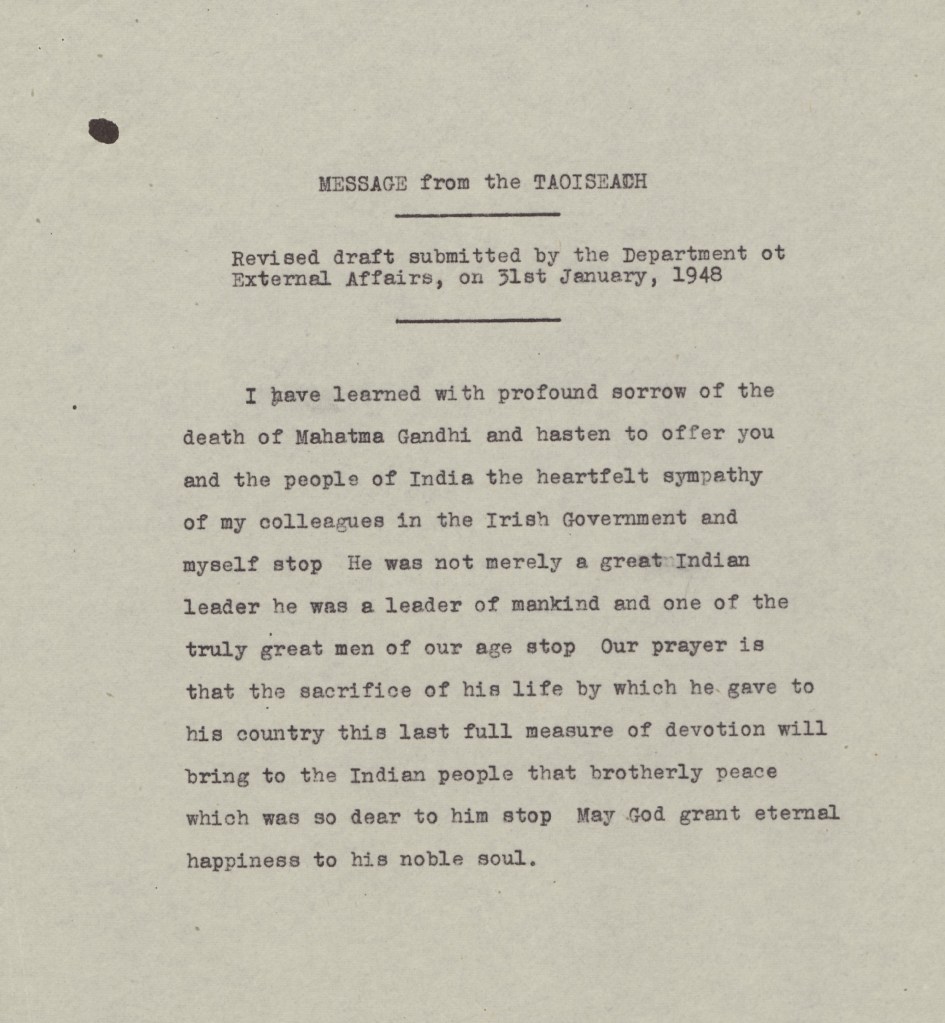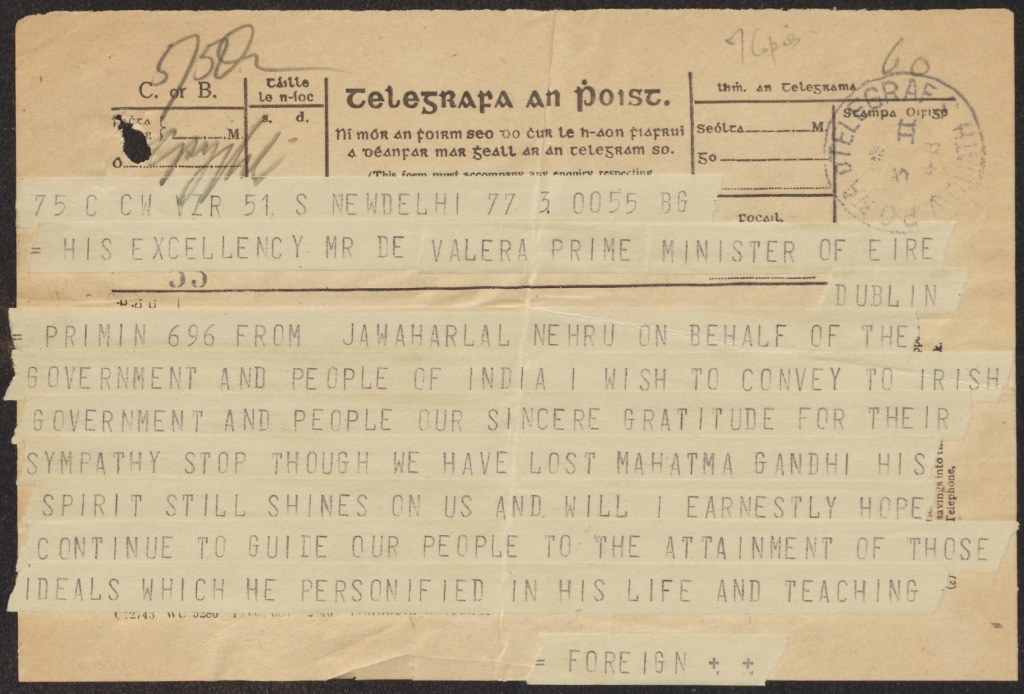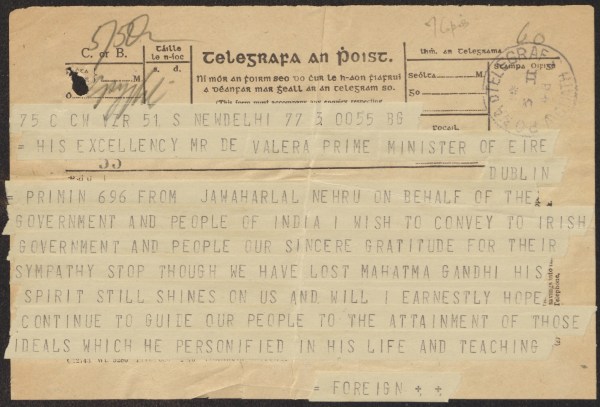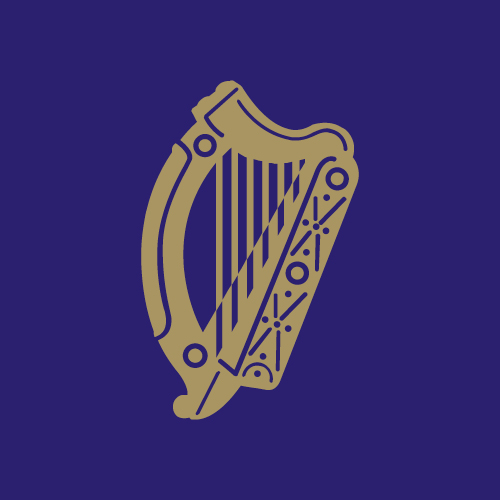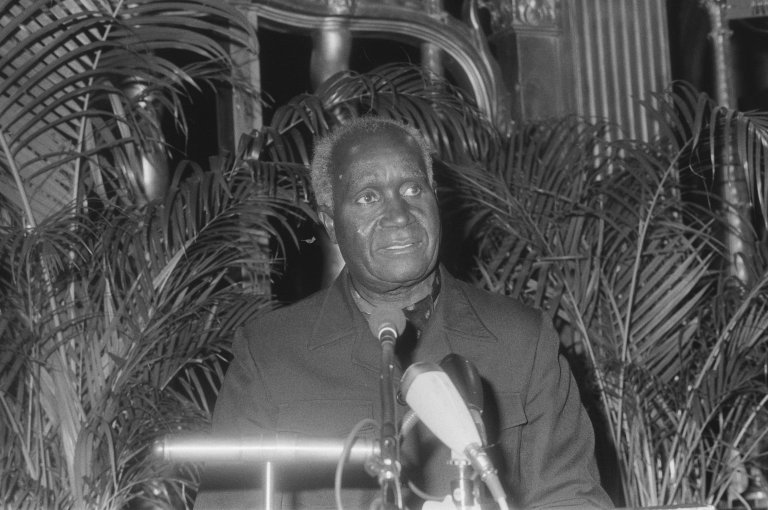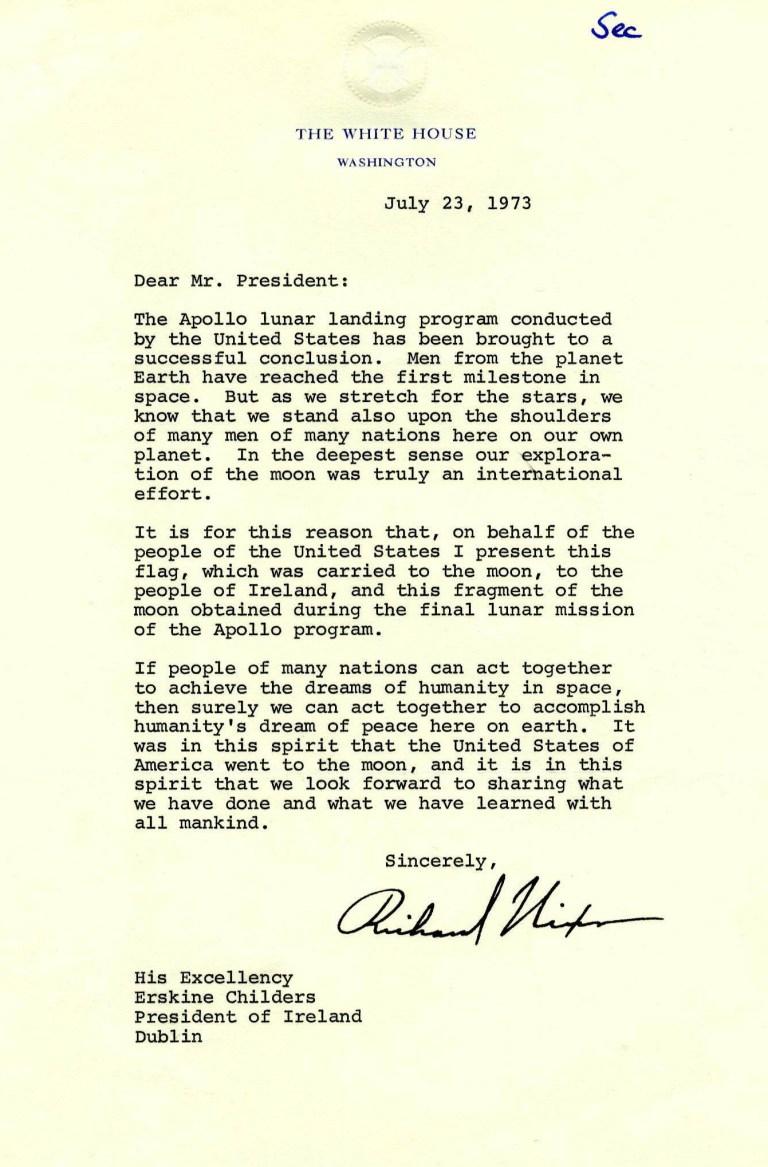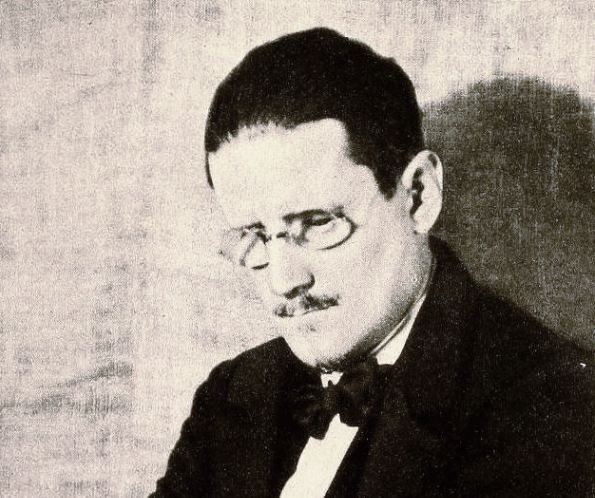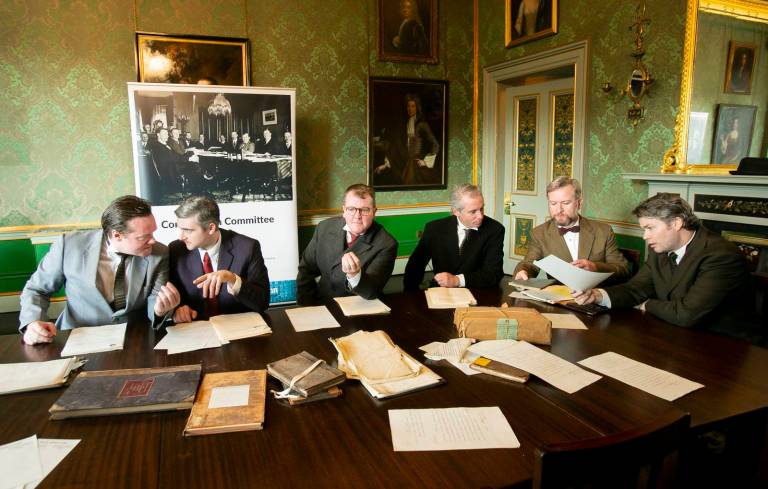This message of sympathy was met with a touching response from India’s Prime Minister, Jawaharlal Nehru. The exchange of telegrams between these two leaders symbolised a moment of shared grief and mutual respect, reflecting the strong bond between Ireland and India.
The significance of this relationship was further highlighted when Nehru visited Ireland in 1949. As the first dignitary invited to address Dáil Éireann after Ireland became a Republic, his visit marked a pivotal moment in the history of both nations. Nehru’s return to Ireland in 1956 also deepened the ties of friendship and cooperation between the two countries.
Below you can view a type copy of de Valera’s telegram and Nehru’s response, preserved as a testament to this enduring connection. These documents, housed in the National Archives (TSCH/3/S14219), stand as a reminder of the shared values and mutual respect that have long united Ireland and India.
